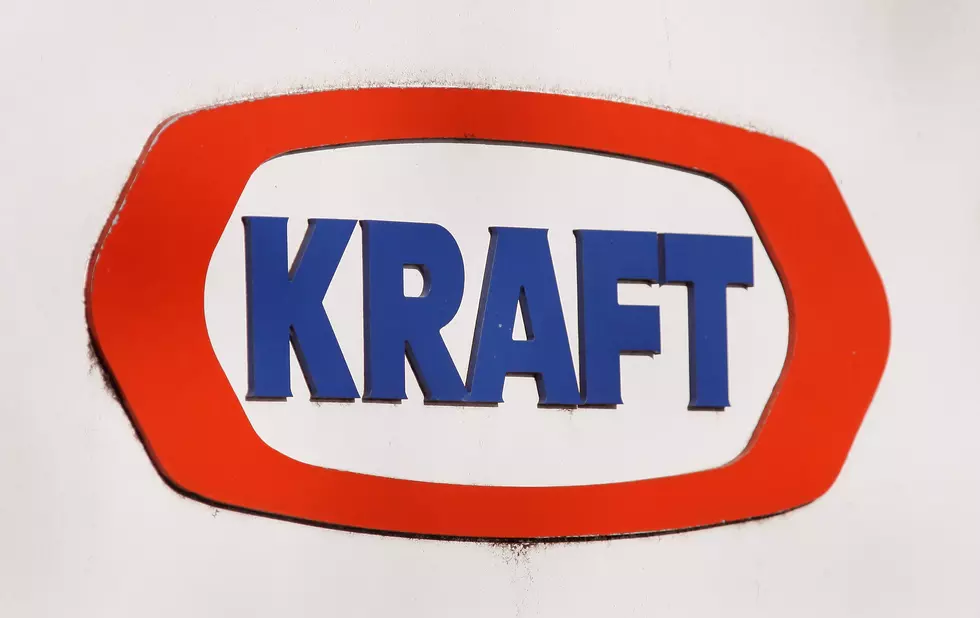
Wyoming’s First DAO Runs Into Issues With Federal Regulators
In July, the Amerian CryptoFed announced that they would be launching the first legally recognized decentralized autonomous organization (DAO) in the country, following Wyoming changing its law to make those organizations easier to form.

Following that, Marian Orr, CEO and sole employee of the American CryptoFed said that they aimed to launch their two cryptocurrencies, Ducat and Locke, by the end of September.
However, since they filed their currencies with the Securities and Exchange Commission (SEC), they've run into some issues that stopped the two currencies from being recognized.
According to a press release by the SEC, the form that the American CryptoFed submitted to them in September didn't have all the necessary information needed to start their company.
Specifically, the form the American CryptoFed filled out did not list a governance structure for the company, which is something a DAO doesn't have, and the SEC wasn't sure whether or not the governance token, Locke, is a security or something else.
The American CryptoFed responded on Dec. 3 by sending the SEC a list of documents asking for more information on what the regulators needed, and Orr said they are still awaiting a response, and to schedule a hearing with regulators to discuss how to address the issues raised by the SEC.
Orr said they don't necessarily have to go through this process, but wanted to try doing things the right way so they wouldn't get hit with any penalties.
"There's been others in the past that have gone about their business, then slapped sanctions and penalties for not filing with the SEC," Orr said. "Rather than go in through the back door and just start doing business and launching, we're trying to go through the front door, we're trying to knock and say hey, here we are, this who we are, this is our project, this is what we're proposing, talk to us."
Steven Lupien, professor of accounting and finance at the University of Wyoming's College of Business, said the SEC would be open to working with the CryptoFed to get it running, but need to have someone they can go after.
"If there is action needed, who do we go after, and where do we find them," Lupien said. "We've now created this regime that doesn't exist in the same form. So I can see that being a problem for the American CryptoFed, in my opinion, that is easier to overcome...The question then becomes again but who's ultimately responsible, who's the president. The answer is, there really isn't one."
Lupien said if there isn't a change either on the regulator side or the legislative side, companies like CryptoFed will end up moving to a country that welcomes them.
"In the past, if you couldn't get something done under a U.S. regulatory schema, you just didn't do it," Lupien said. "We live in a global world today. If the U.S. doesn't get creative in these three or four-letter regulator agencies, if we don't catch up, what we're going to notice is companies are just going to do it elsewhere."
30 Wyoming Attractions To Visit
More From K2 Radio








